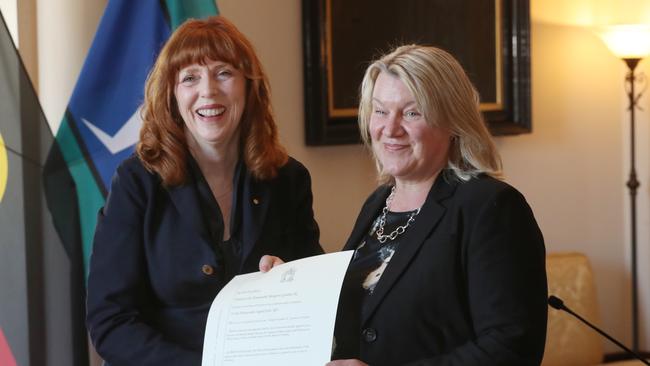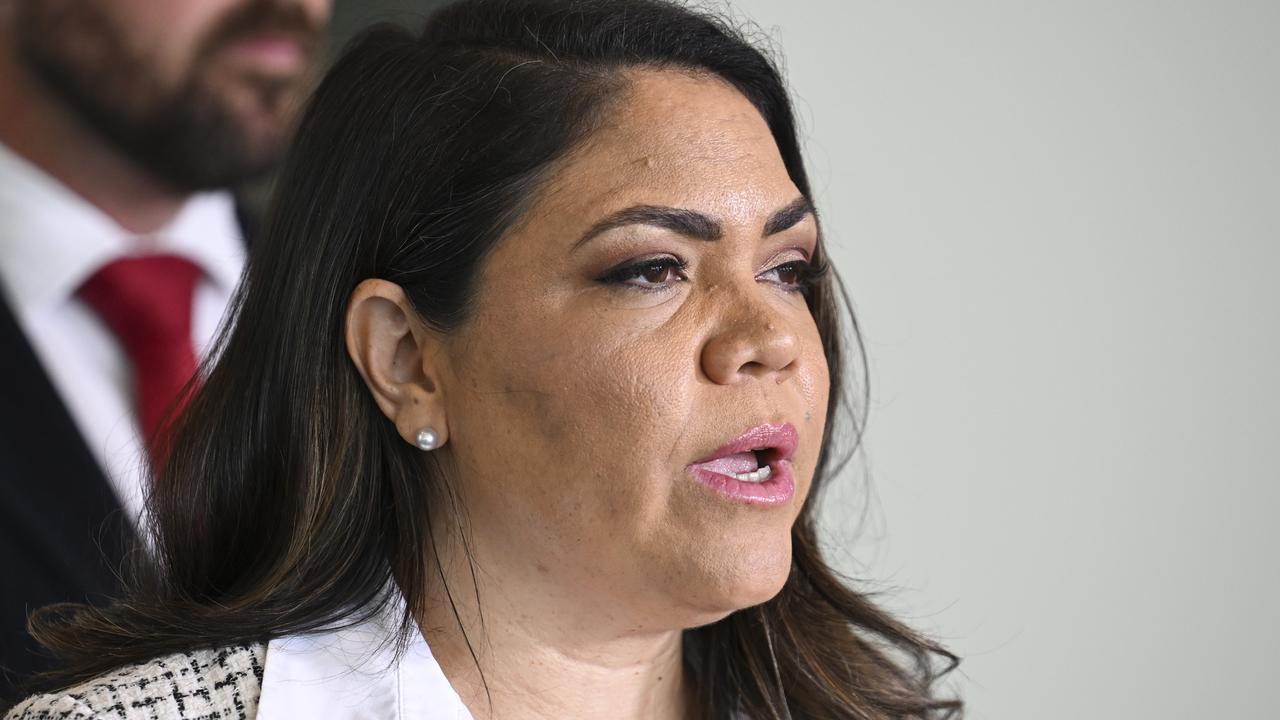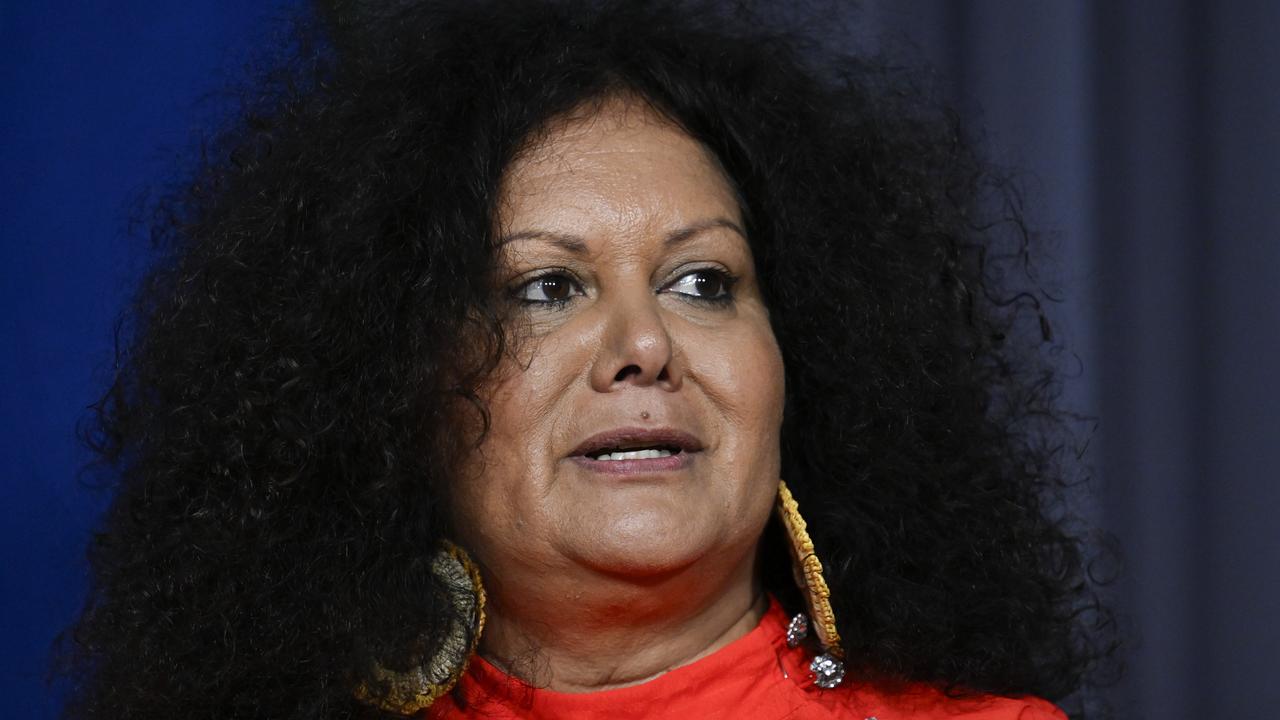Sobering up centres won’t be ready in time for new public drunkenness laws
Nine of Victoria’s 10 new sobering up centres will be run by Aboriginal community-controlled organisations, with Indigenous Victorians to be prioritised.

Victoria’s Mental Health Minister says sobering up services will be made available to non-Indigenous people who need them, despite nine out of 10 the Allan government’s new public intoxication centres being established to prioritise Aboriginal Victorians.
From Tuesday, public drunkenness will no longer be an offence in Victoria, following law reform introduced in response to the death in 2017 of Indigenous woman Tanya Day, who died after hitting her head at least five times in a police holding cell after being arrested for being drunk on a regional train. In 2020, coroner Caitlin English found Ms Day’s death was “clearly preventable”.
Mental Health Minister Ingrid Stitt on Monday announced a suite of measures intended to mitigate risks posed by intoxicated people to themselves and the community. confirming fewer than half of the new sobering up facilities would be operational in time for the law change.
All but one of the sobering up facilities — to be located in the Melbourne suburb of St Kilda and regional centres including Geelong, Ballarat, Bendigo, Shepparton, Mildura, Swan Hill, Latrobe Valley and East Gippsland — will be run by Aboriginal community-controlled organisations, to cater for Indigenous clients.
A 20-bed sobering-up centre in the inner city suburb of Collingwood will cater for all Victorians, regardless of their racial identity.

Asked to explain why all the regional Victorian sobering up centres had been set up as dedicated services for Indigenous Victorians, and what sobering up services were available for non-Indigenous Victorians, Ms Stitt said the locations of services had been determined by “where the data tells us we need those services to be located the most across the state.”
“It’s important to note that there will still be the emergency response available to all Victorians that might be outside one of those outreach areas, so if a person needs assistance, either health assistance or if there are security or safety concerns, then our emergency response teams will continue, as they do today, to be available to people.
“There will be outreach services run by a range of different organisations, and they won’t discriminate based on whether or not a person is Aboriginal and Torres Strait Islander. They will take a safety first approach to dealing with members of the public,” Ms Stitt said.
De-Joel Upkett, CEO of Ngwala Willumbong Aboriginal cooperative, which will run sobering up centres in St Kilda, Mildura, Swan Hill, the Latrobe Valley and East Gippsland, said his organisation’s facilities would be available to all Victorians, with priority given to Indigenous Victorians.
“We will definitely be there for the general population,” he said.
Of 10 mobile outreach vans to be co-ordinated by government health service provider Cohealth, only four will be on the road by Tuesday, while Collingwood facility will not open until later this month, and all four Ngwala Willumbong facilities are still six weeks away from opening.



